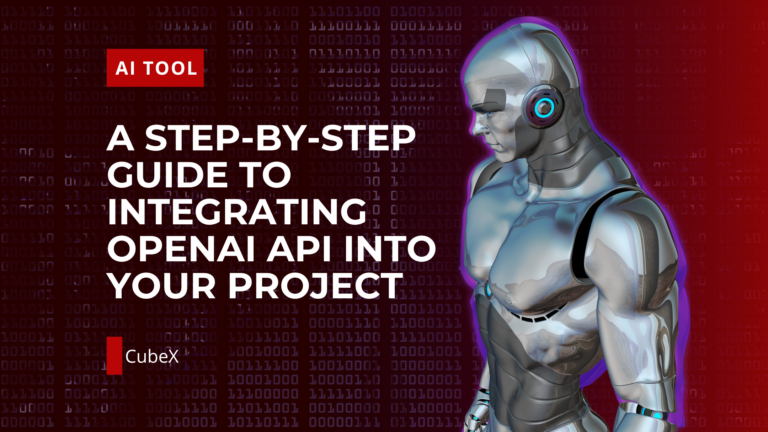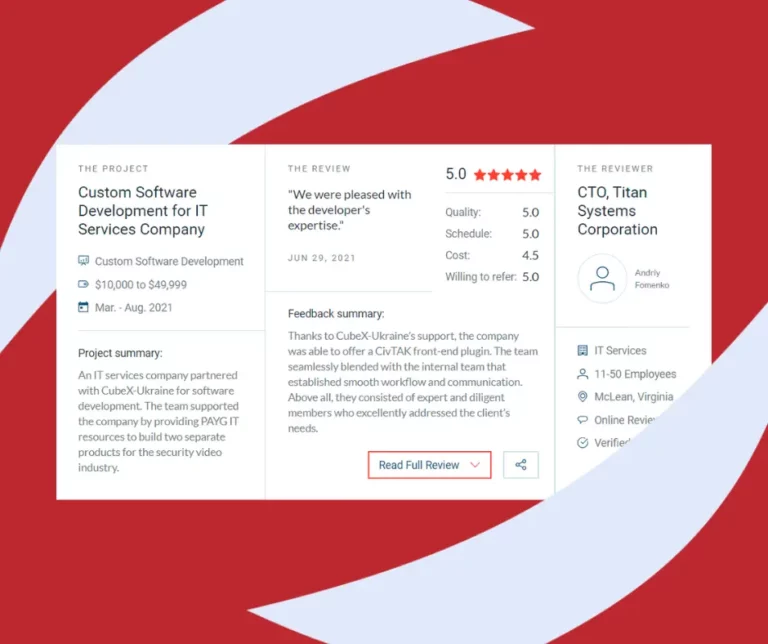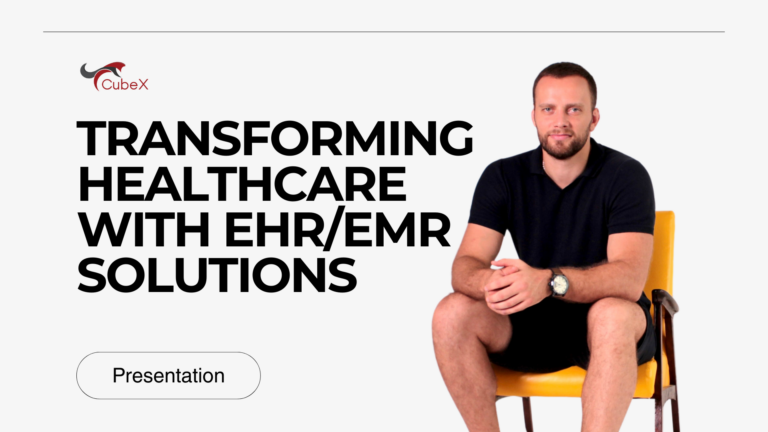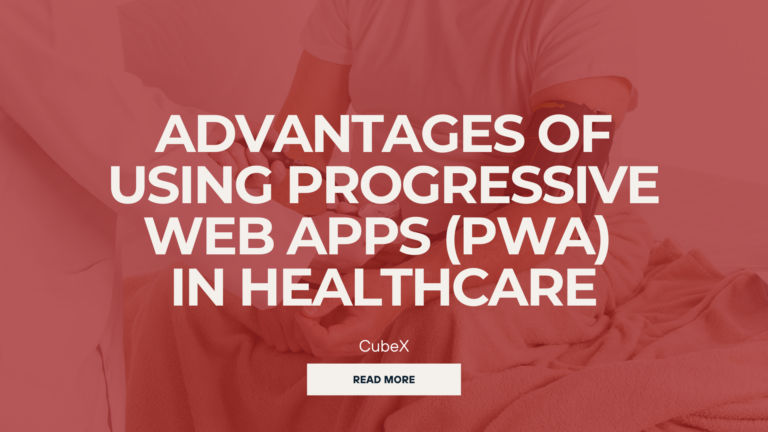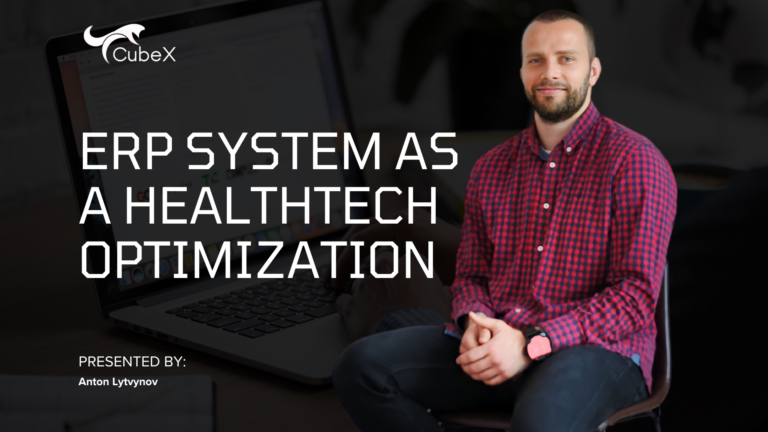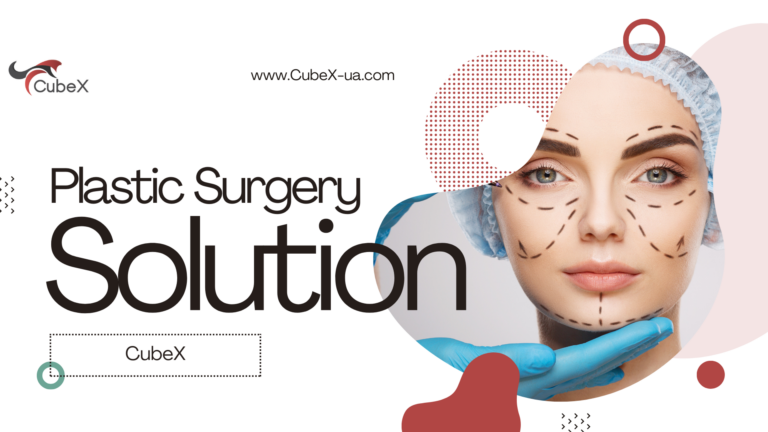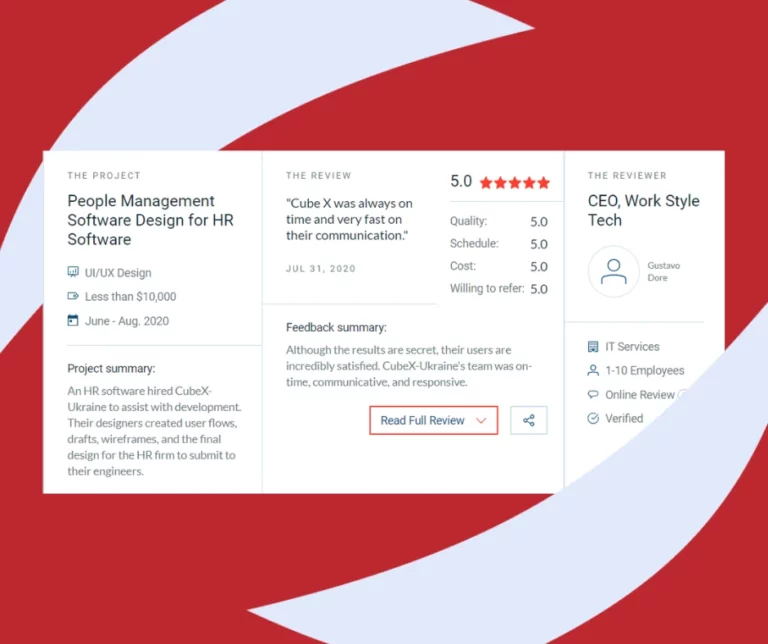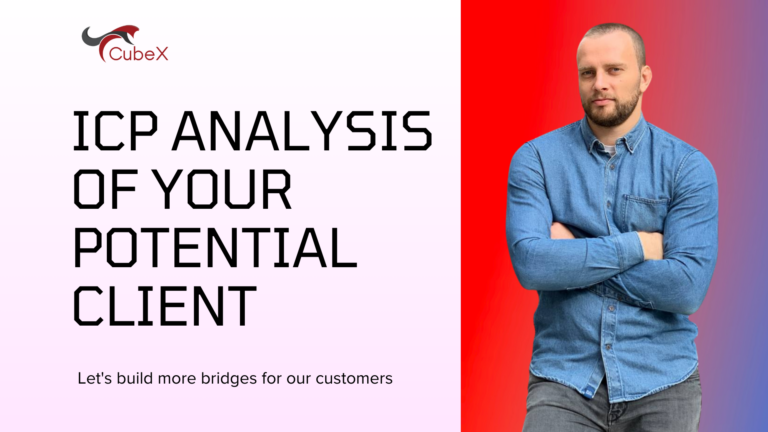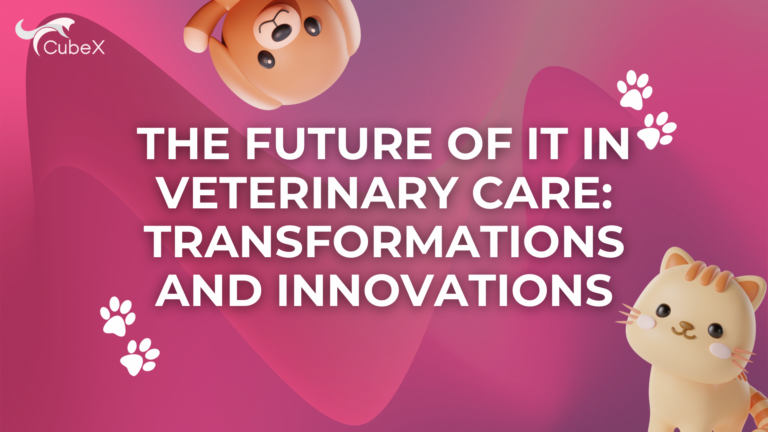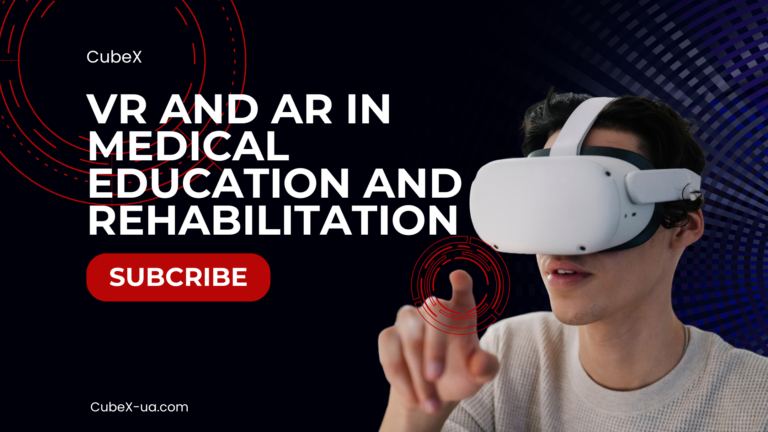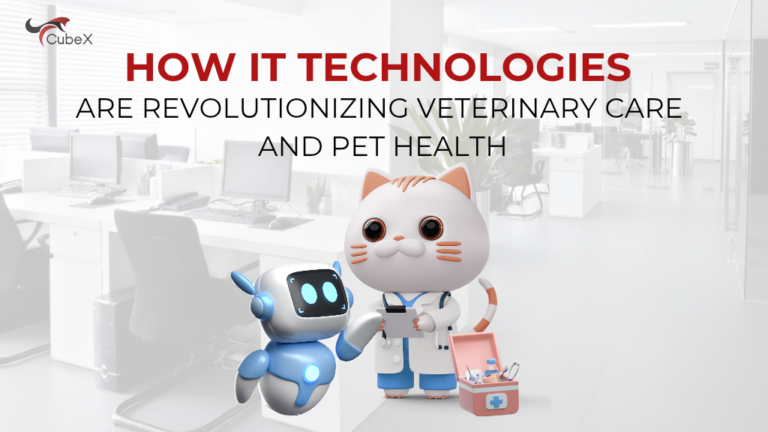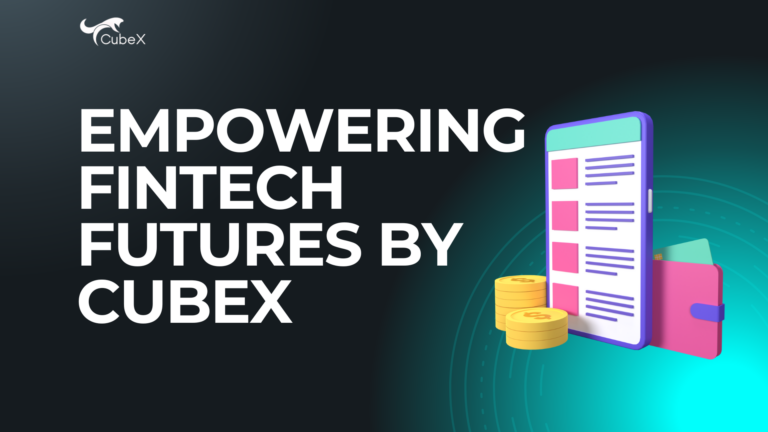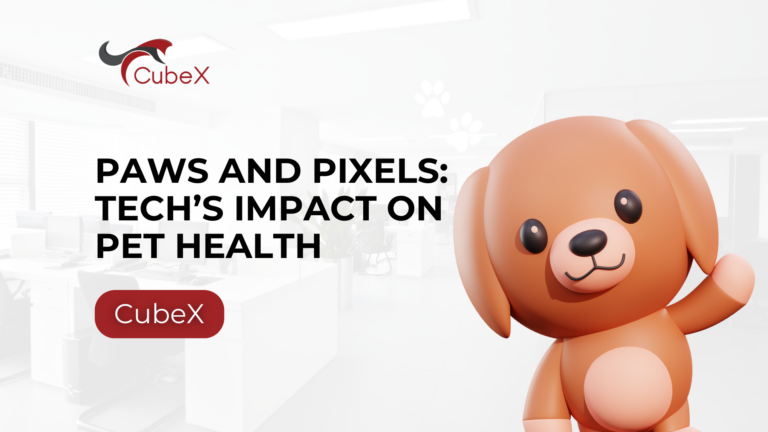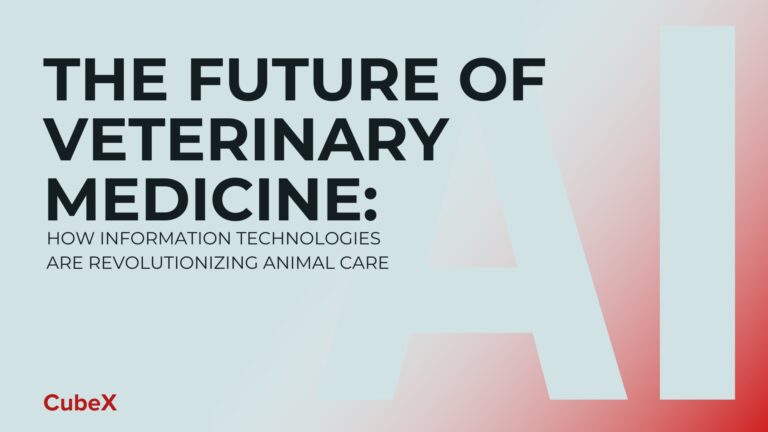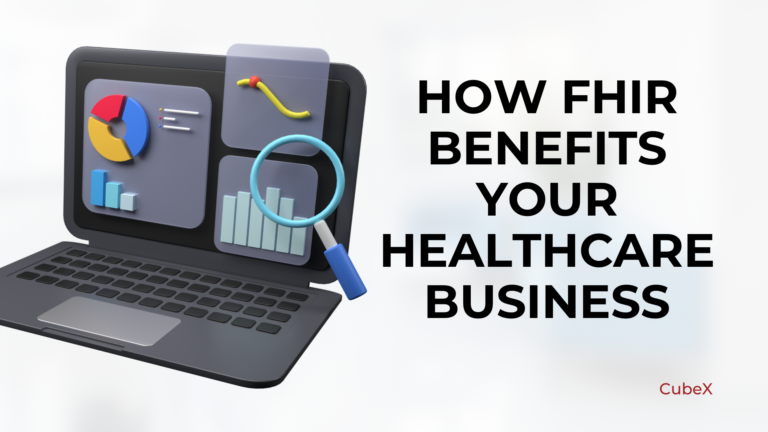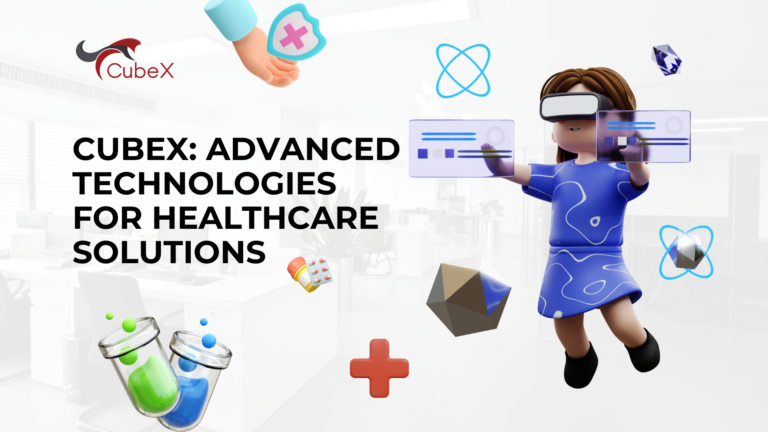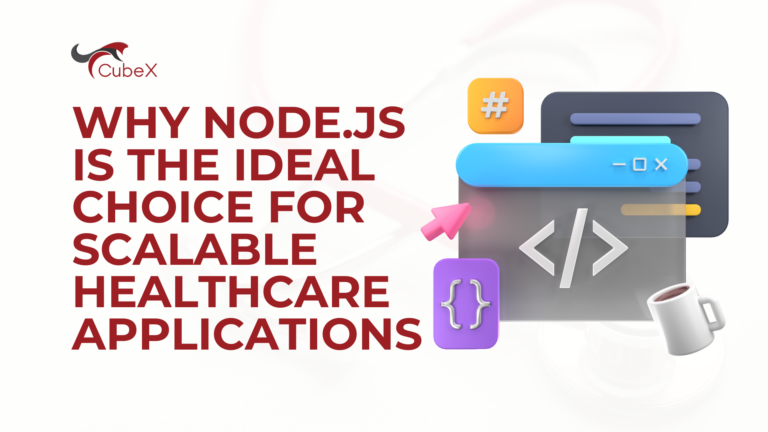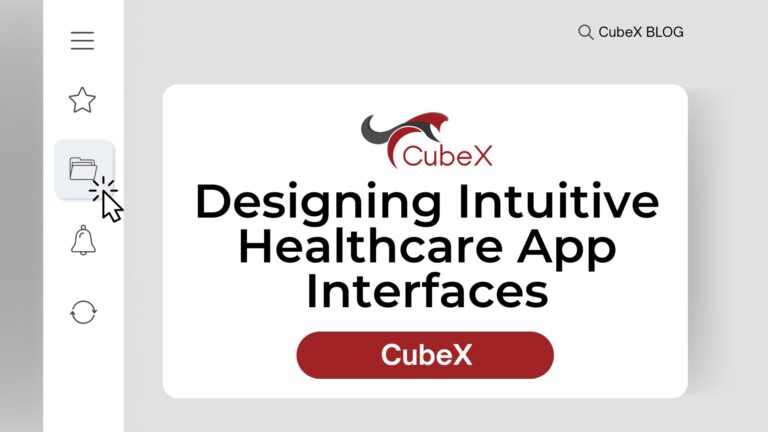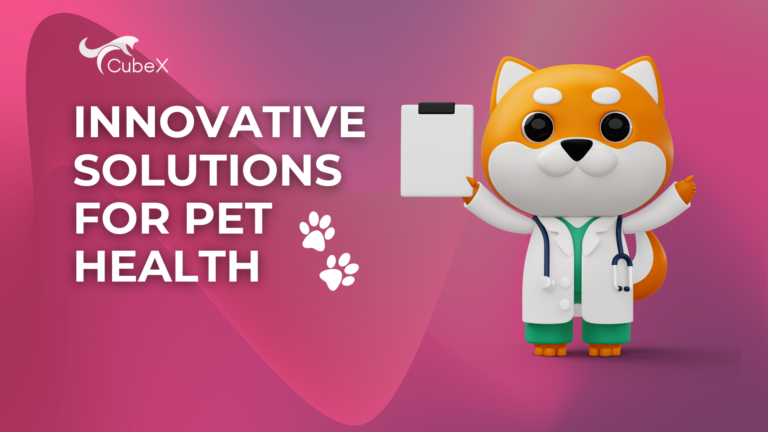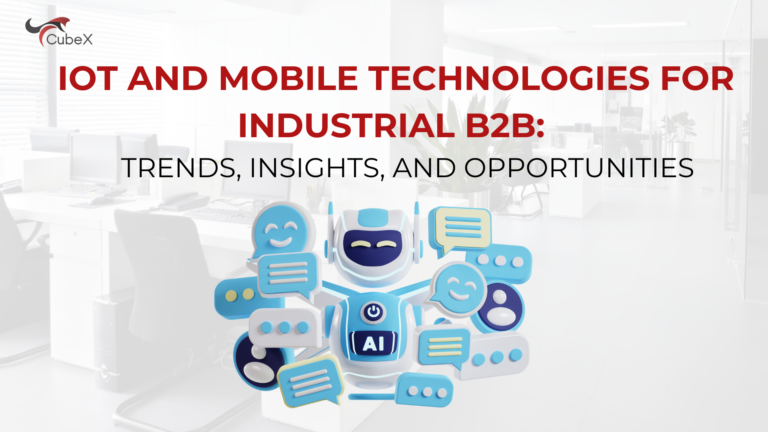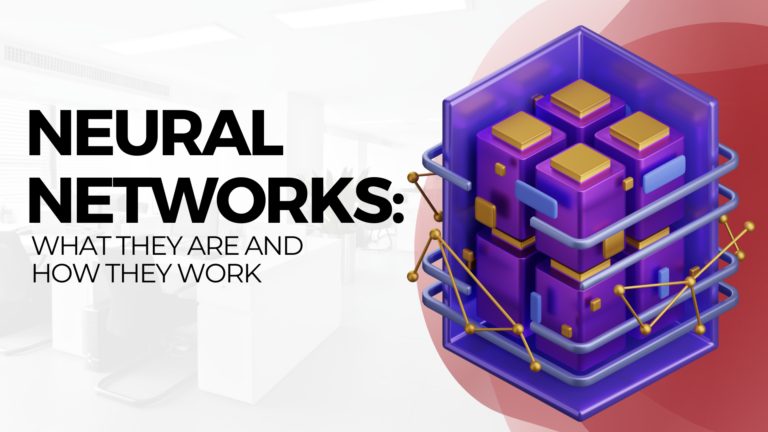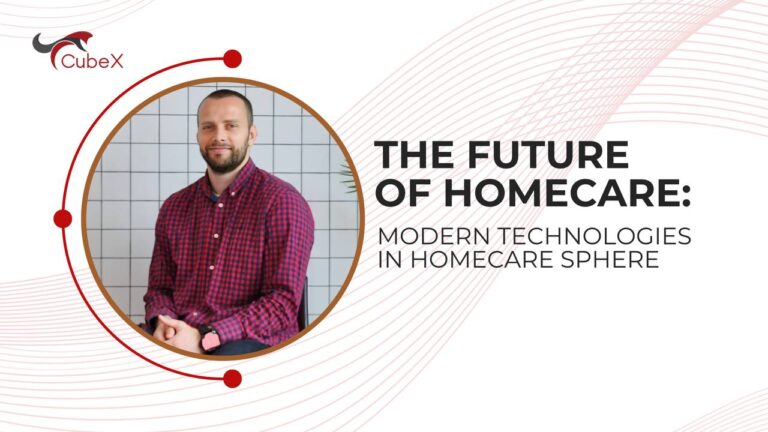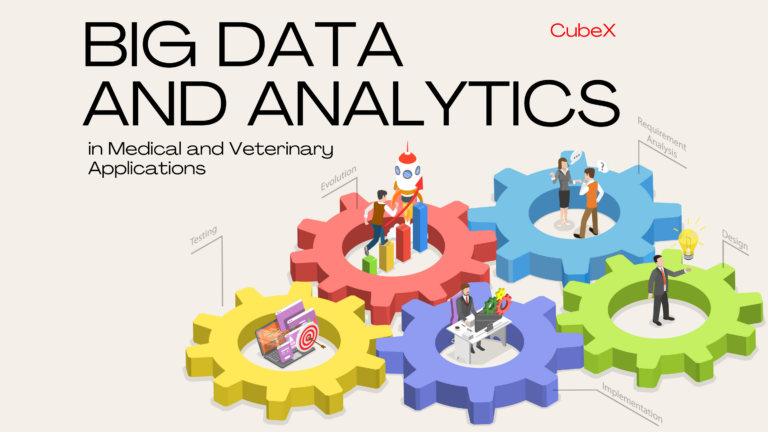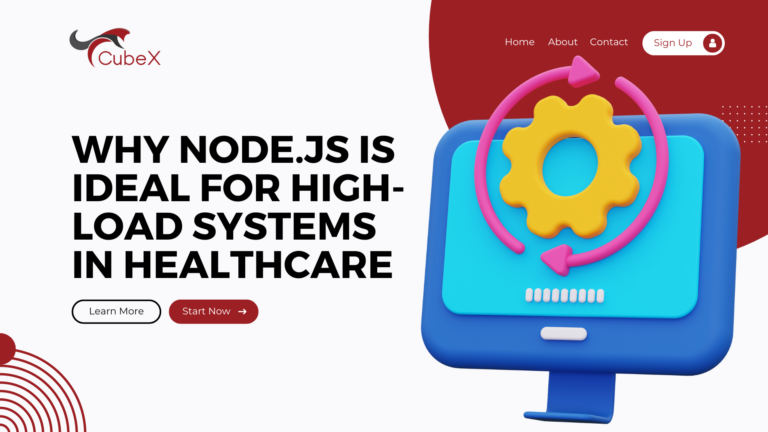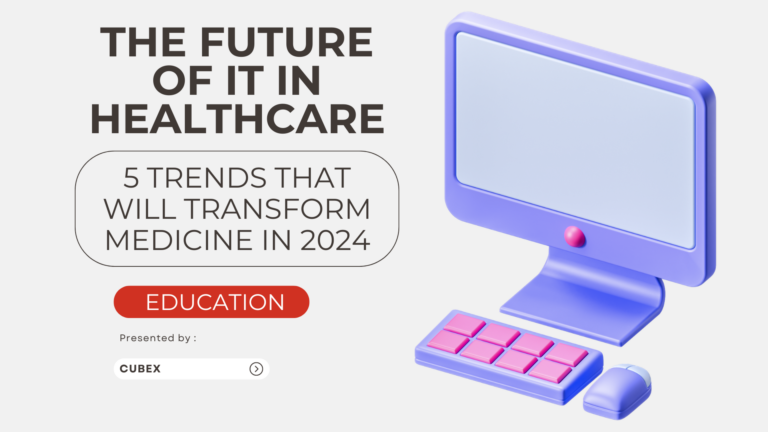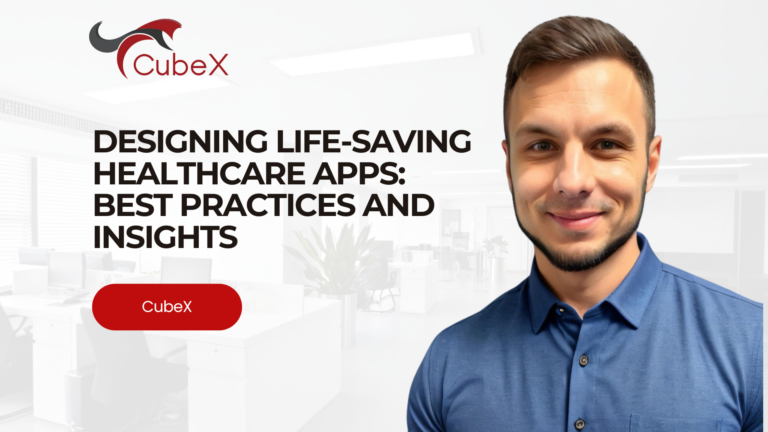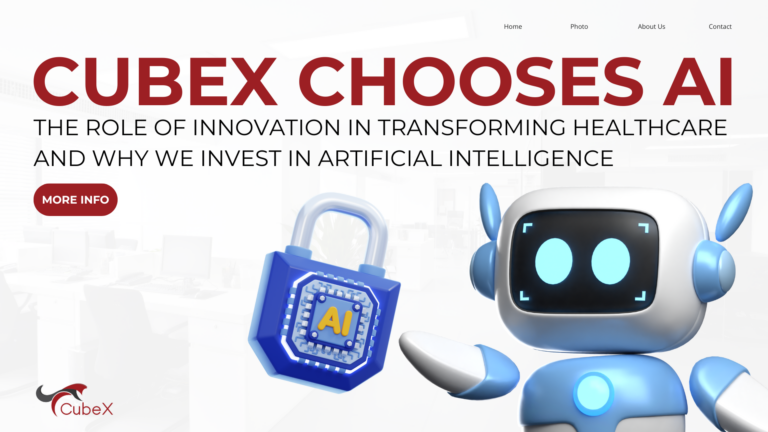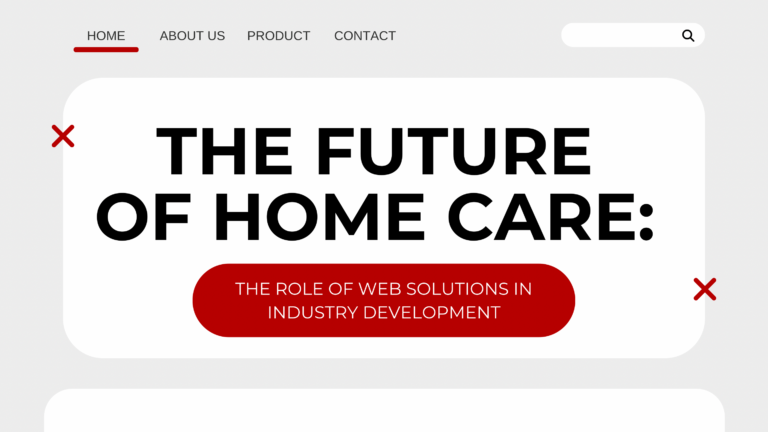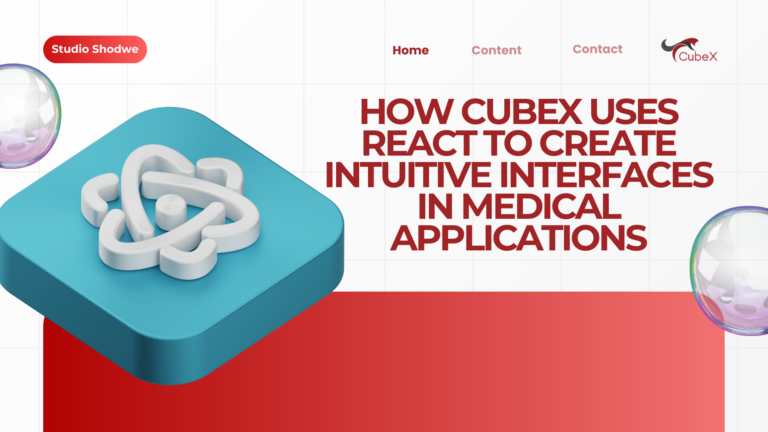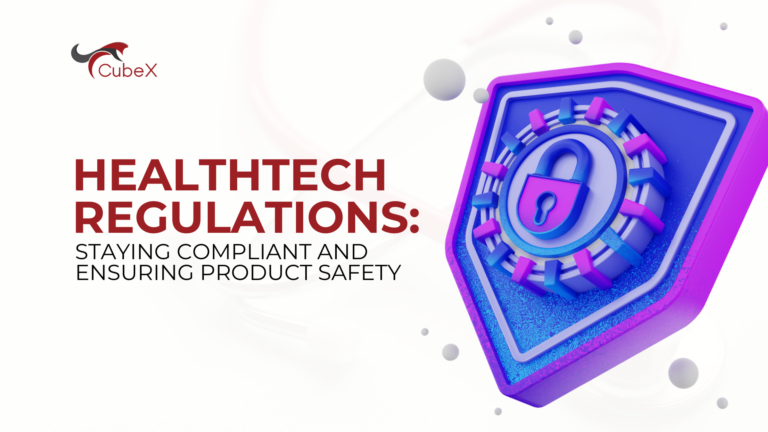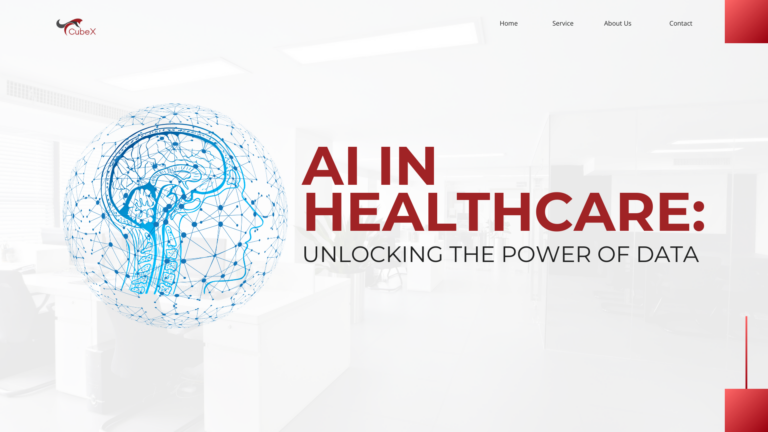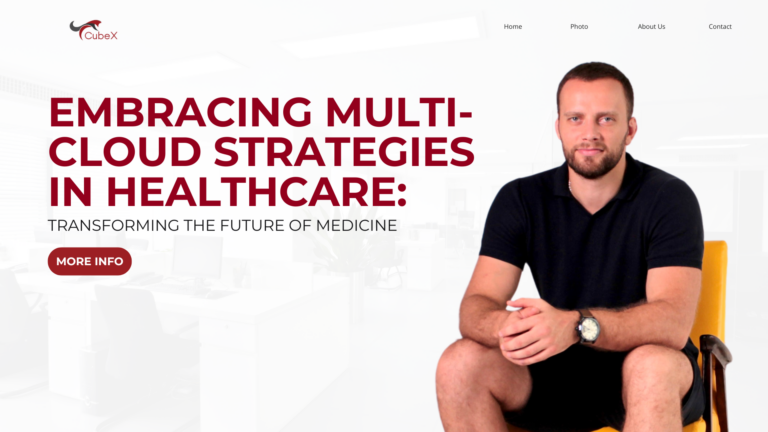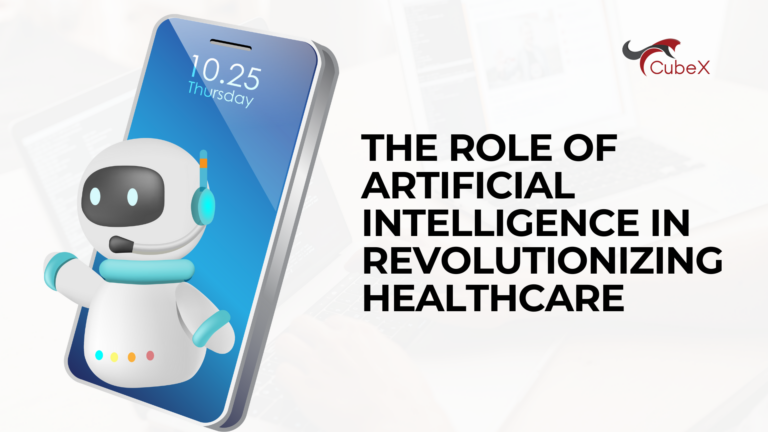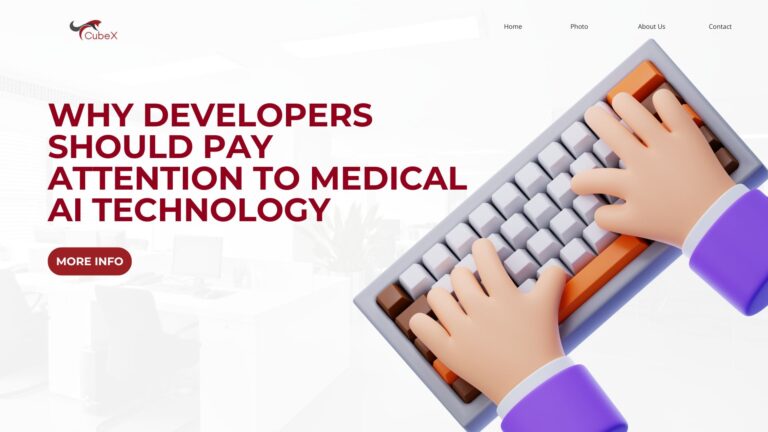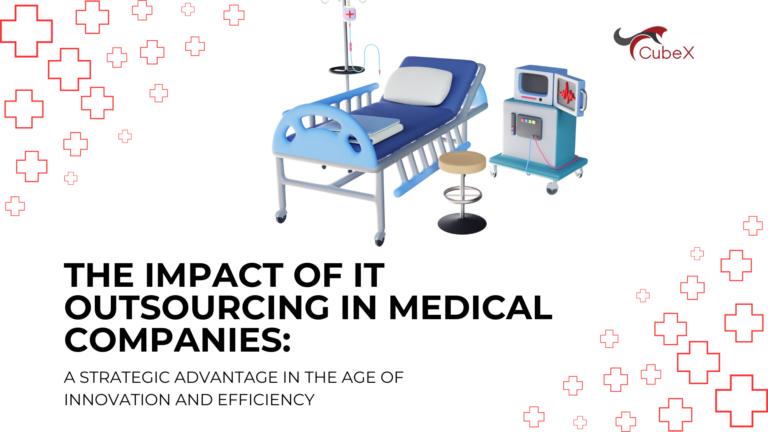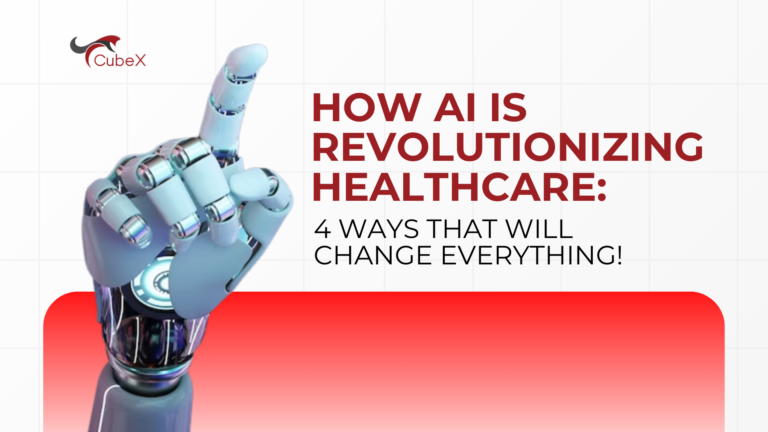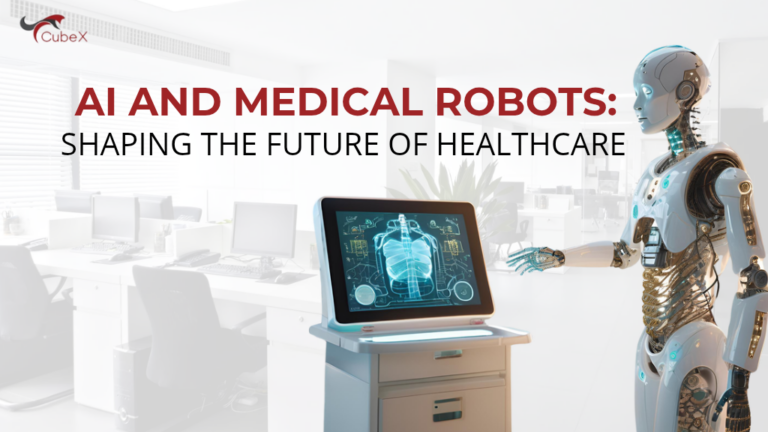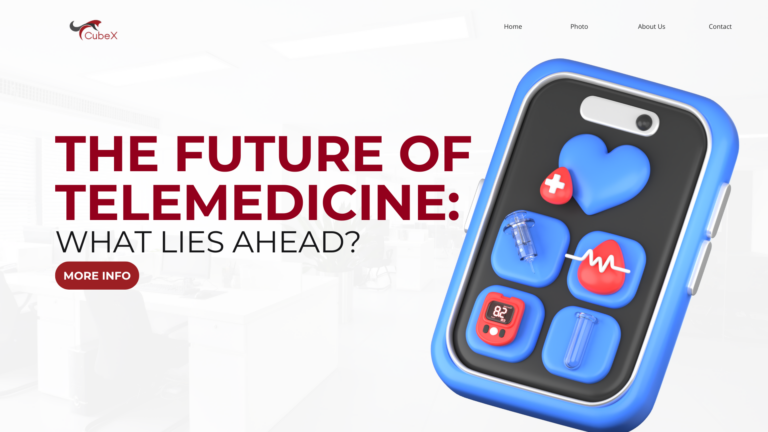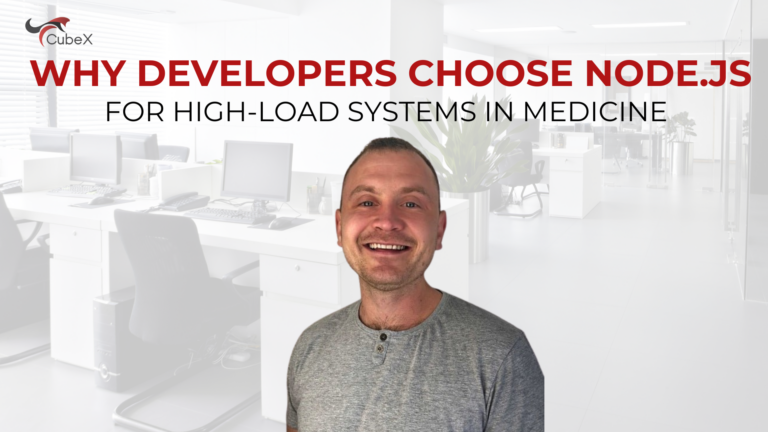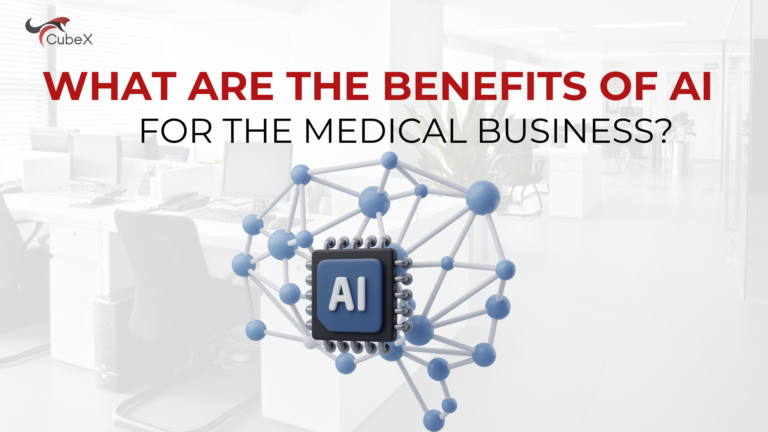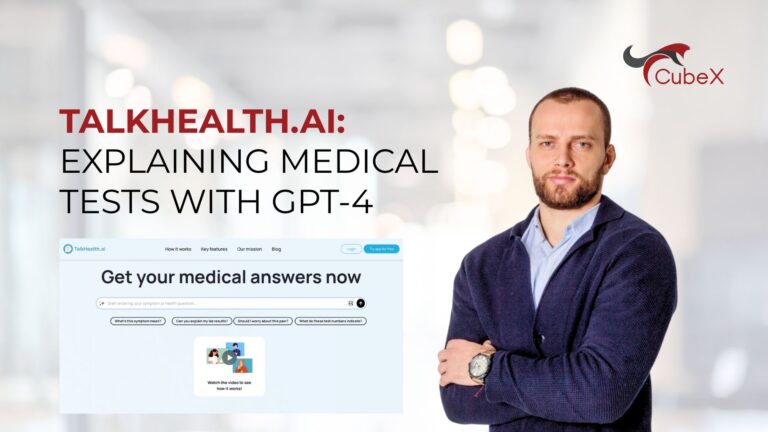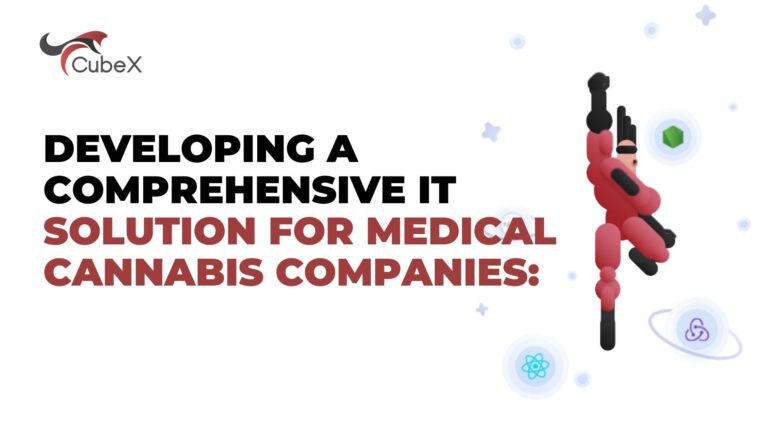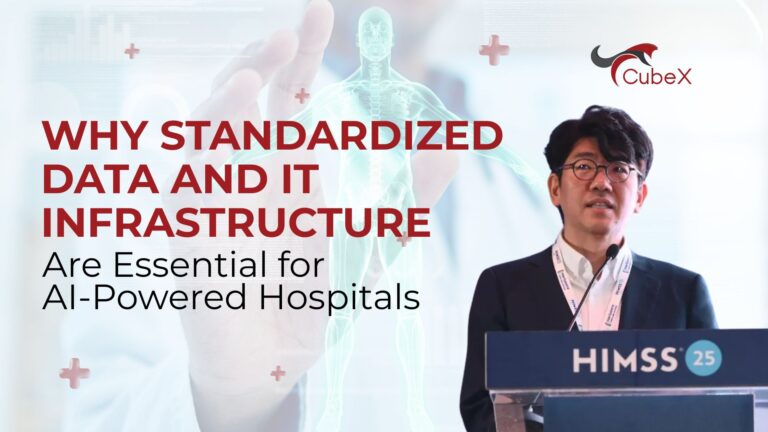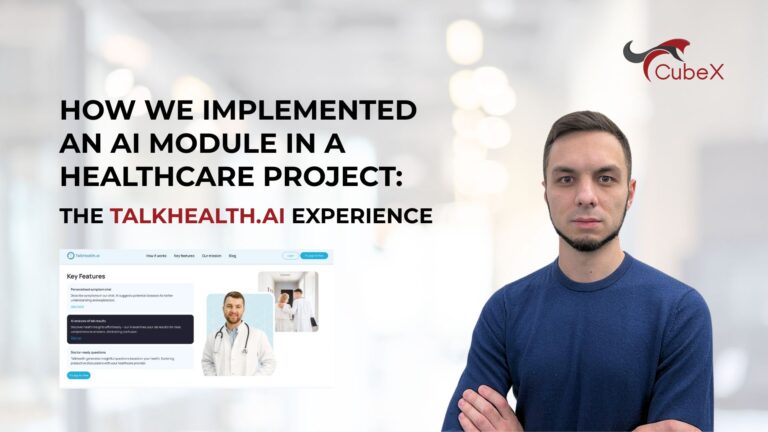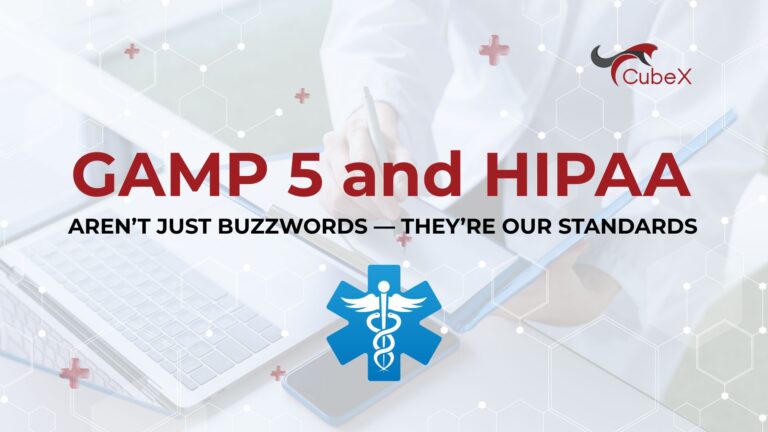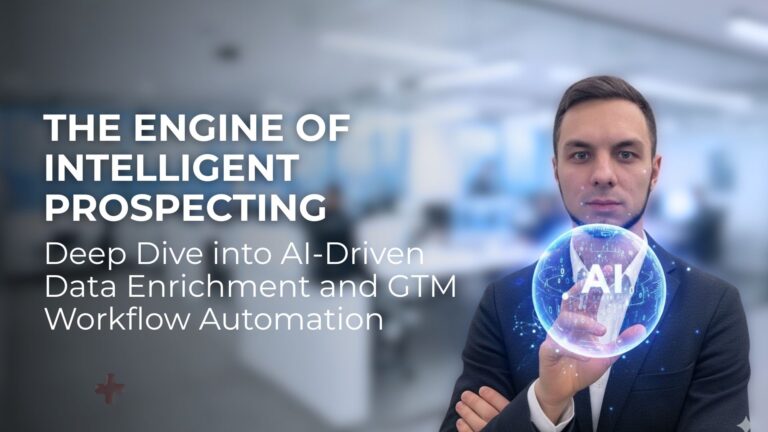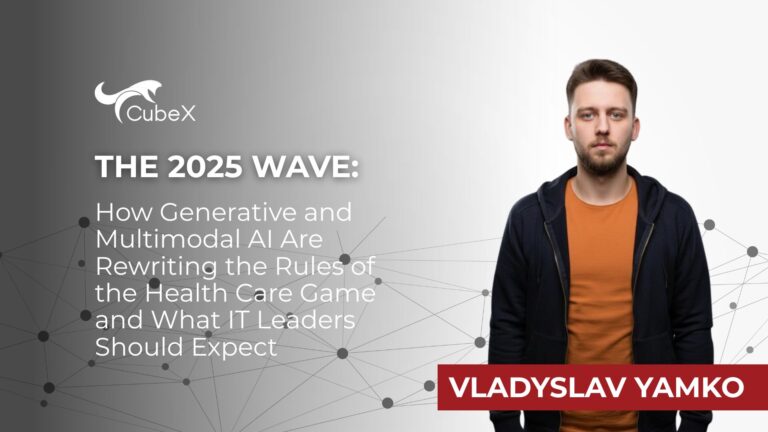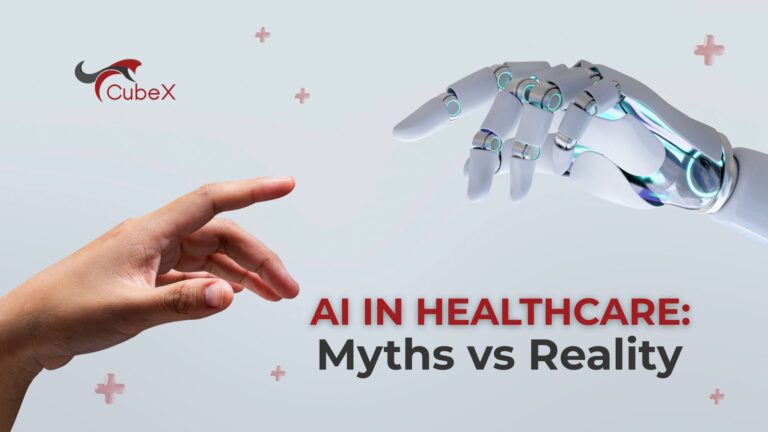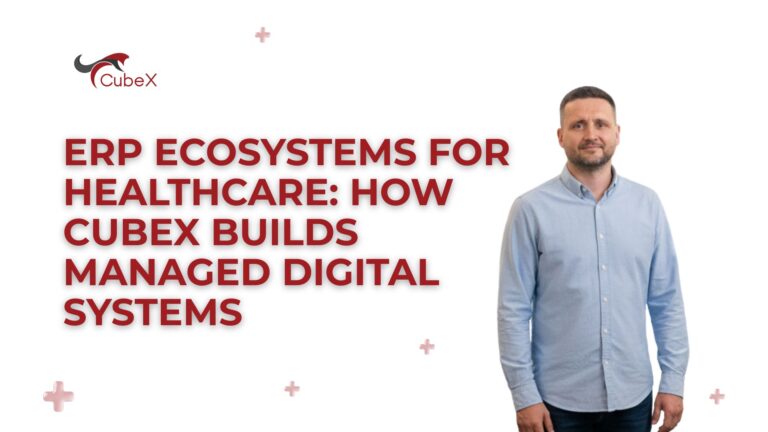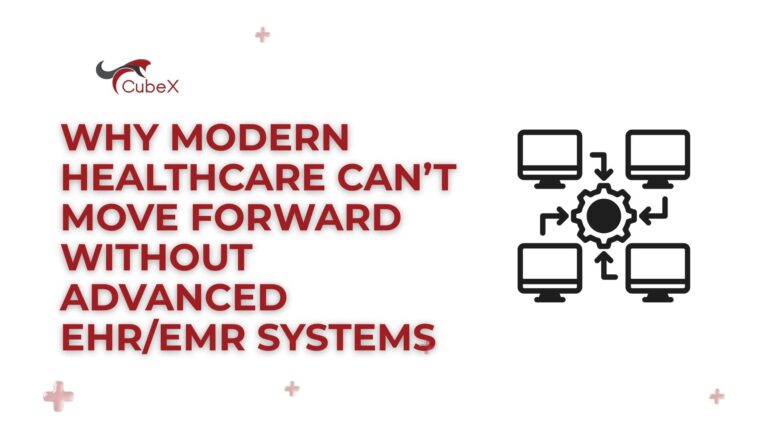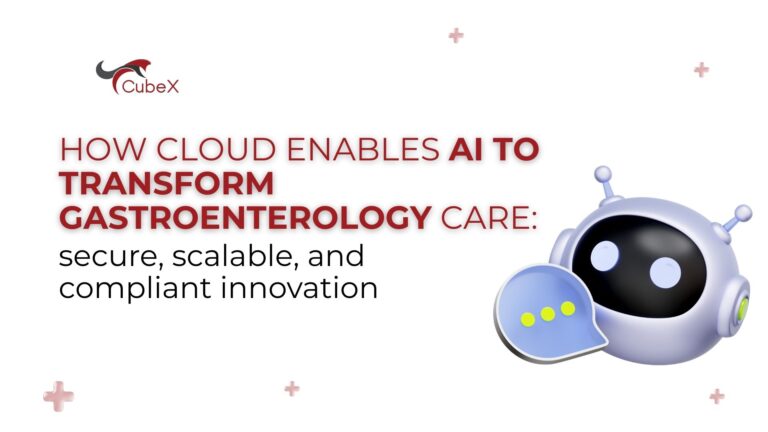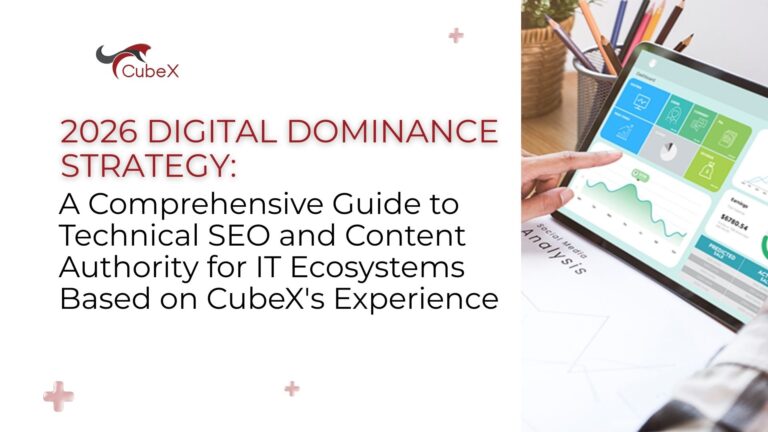AI in Healthcare: Unlocking the Power of Data
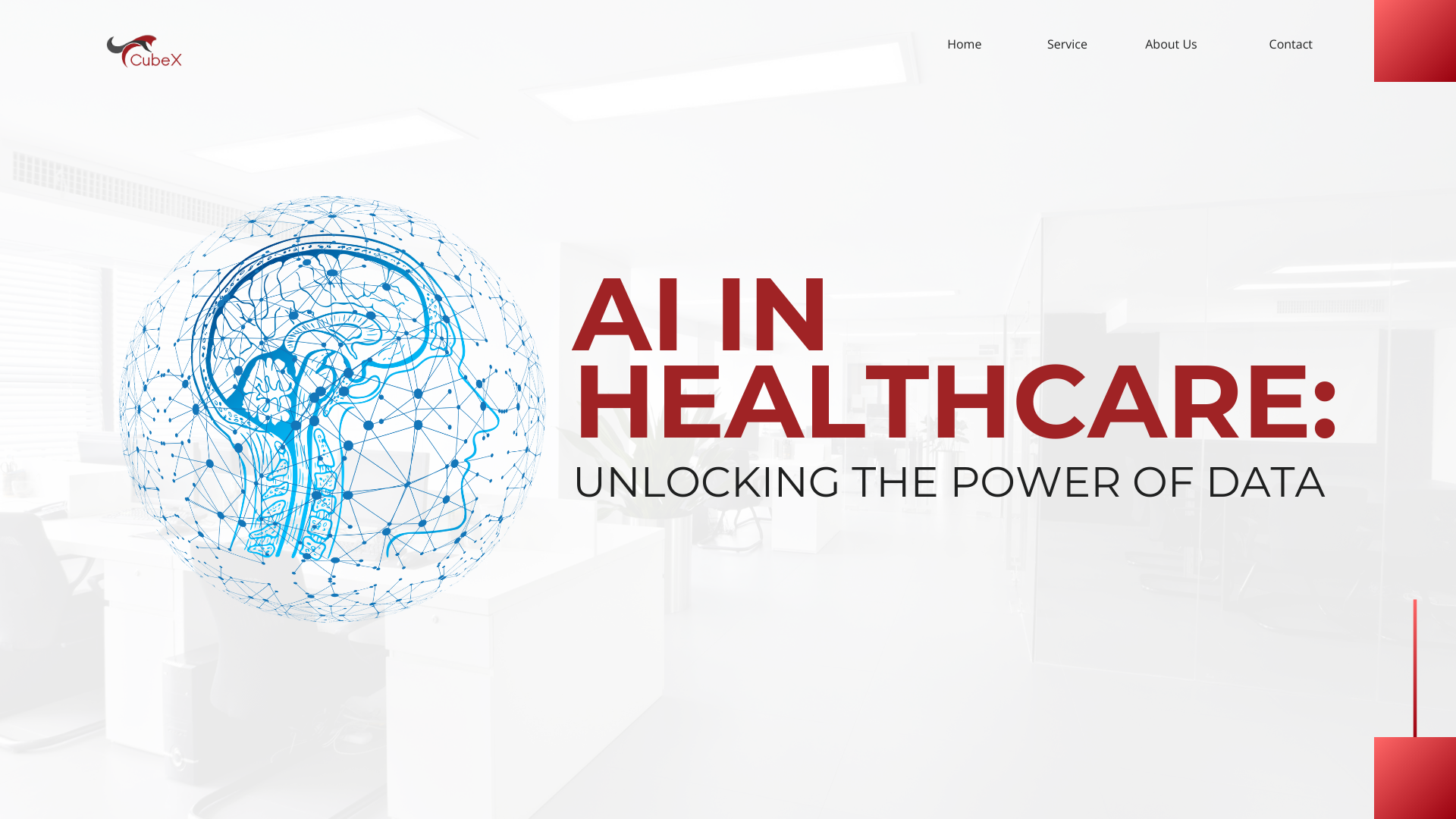
The healthcare industry is undergoing a digital revolution, with artificial intelligence (AI) at the forefront of transforming how medical data is analyzed and utilized. From diagnostics to personalized treatments, AI is creating new possibilities for healthcare providers and technology companies alike. Let’s dive deeper into the types of data AI can analyze, real-world applications, and the impact it has on patient outcomes and industry efficiency.
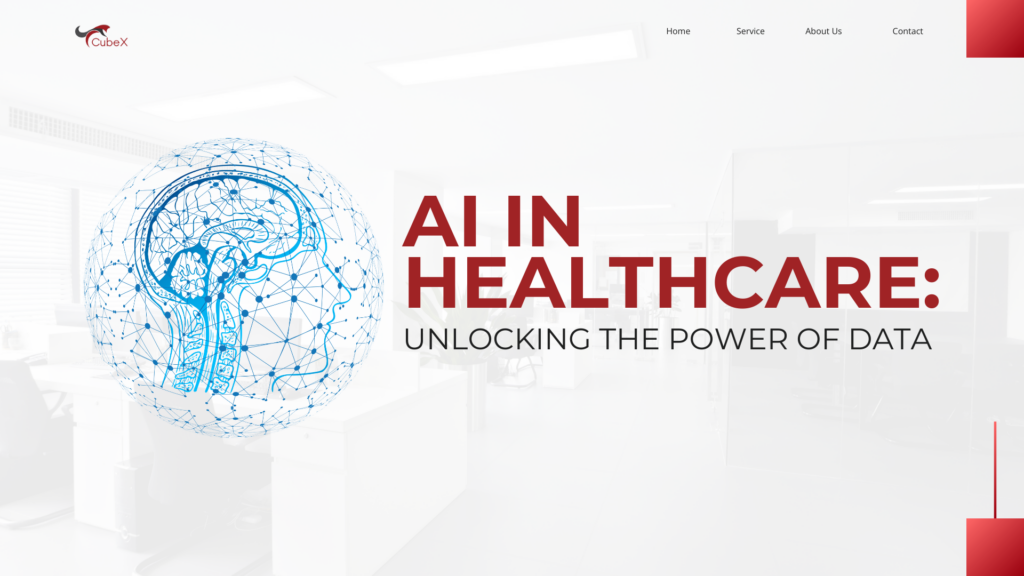
Medical Imaging: A Revolution in Diagnostics
Medical imaging is one of the most prominent areas where AI has shown remarkable potential. By analyzing X-rays, MRIs, CT scans, and ultrasounds, AI-powered tools can detect anomalies, such as tumors or fractures, with an accuracy that rivals or even surpasses human experts.
Key Insights:
- AI algorithms have achieved up to 94% accuracy in detecting breast cancer through mammograms, compared to the 88% accuracy of radiologists alone.
- The global AI medical imaging market is projected to grow to $264 billion by 2029, driven by demand for faster and more precise diagnostics.
This not only improves patient outcomes but also reduces the workload for radiologists, allowing them to focus on complex cases.
Electronic Patient Records: Turning Data into Insights
Electronic health records (EHRs) hold a wealth of information, but making sense of these large, unstructured datasets has always been a challenge. AI bridges this gap by analyzing medical histories, lab results, and treatment plans to help doctors make more informed decisions.
How It Helps:
- Predictive analytics powered by AI can identify patients at high risk for chronic conditions like diabetes or heart disease, allowing for early intervention.
- AI models trained on EHRs have reduced hospital readmissions by up to 30%, saving both time and money.
For IT outsourcing and outstaffing companies, building scalable, secure systems to manage and process these records is a top priority.
Genomics and Personalized Medicine: The Future of Care
AI is driving advancements in genomics by analyzing DNA data to uncover genetic predispositions to diseases and tailor treatments to individual patients. This is the cornerstone of personalized medicine, which aims to deliver highly specific care plans based on a patient’s unique genetic makeup.
Remarkable Facts:
- Decoding a human genome took years and cost over $2 billion in 2003. Today, AI can process this data in hours for just a few hundred dollars.
- The personalized medicine market is expected to reach $3.18 trillion by 2030, highlighting its growing significance in healthcare.
Companies leveraging AI in genomics not only improve patient care but also unlock new business opportunities in drug development and clinical trials.
Real-Time Health Monitoring: The Rise of Wearable Tech
Wearable devices like smartwatches and fitness trackers have brought real-time health monitoring to the mainstream. AI algorithms process data from these devices, such as heart rate, sleep patterns, and activity levels, providing users and healthcare providers with actionable insights.
The Impact:
- In a study by Stanford University, AI-powered wearables detected 80% of early COVID-19 cases by monitoring changes in heart rate and temperature.
- The wearable healthcare device market is projected to grow to $195 billion by 2027, fueled by advancements in AI and IoT integration.
These solutions are especially valuable for chronic disease management, where continuous monitoring can significantly reduce hospital visits.
Clinical Trials and Drug Development: Accelerating Innovation
The pharmaceutical industry relies heavily on clinical trials, which are time-consuming and expensive. AI is changing the game by analyzing large datasets to identify patterns and predict outcomes, reducing the time needed for trials and improving their success rates.
By the Numbers:
- AI can reduce the time for drug discovery by up to 50%, cutting costs by millions.
- The use of AI in clinical trials is expected to grow at a CAGR of 21.6%, with investments reaching $4.8 billion by 2028.
For IT companies, this opens up opportunities to develop platforms that streamline data analysis and enhance collaboration across global research teams.
The Role of IT Companies in AI-Driven Healthcare
For IT outsourcing and outstaffing companies, the rise of AI in healthcare represents a significant opportunity. Here’s why:
- Custom Solutions: Healthcare providers need tailored AI solutions that integrate seamlessly with their existing systems.
- Data Security: Handling sensitive medical data requires expertise in cybersecurity and compliance with regulations like HIPAA and GDPR.
- Scalability: AI applications in healthcare must be built to handle growing datasets and evolving technology standards.
At Cubex, we specialize in creating robust, scalable AI-driven platforms for our healthcare clients. From secure cloud infrastructure to advanced data analytics, we partner with companies to drive innovation and improve patient care.
Looking Ahead: The Future of AI in Healthcare
As AI continues to evolve, its applications in healthcare will only expand. From early disease detection to autonomous surgical robots, the possibilities are endless. For IT companies, the challenge lies in staying ahead of the curve and delivering solutions that are both innovative and practical.
How can we help you bring your AI-driven healthcare vision to life? Let’s talk.
#AIinHealthcare #MedicalData #HealthcareIT #FutureOfMedicine #CubexAI #Innovation
Contact Us
Please contact us for any further information







